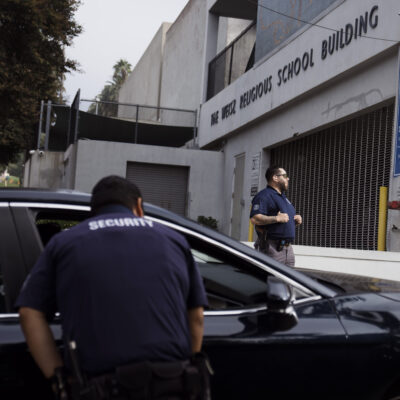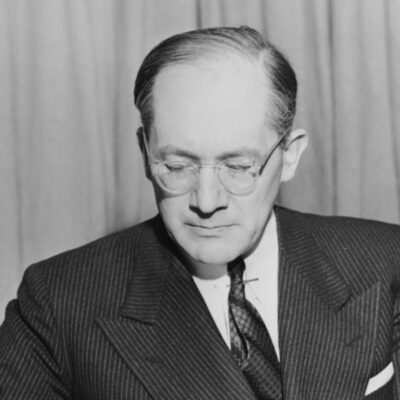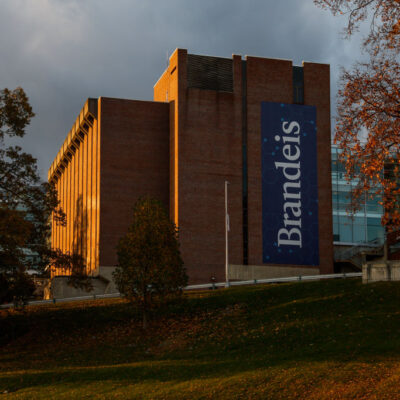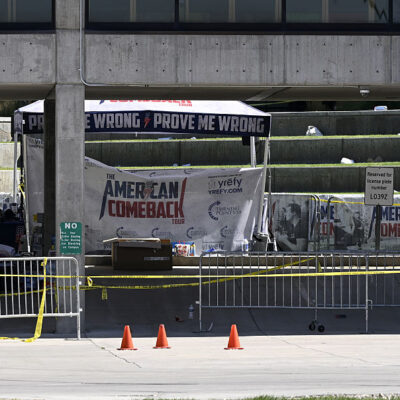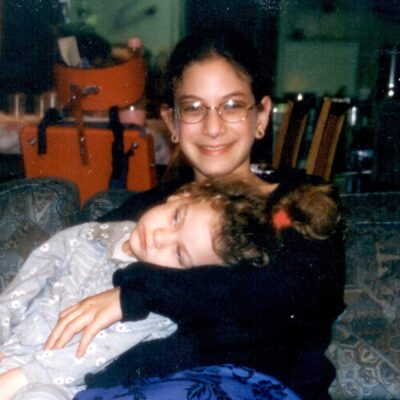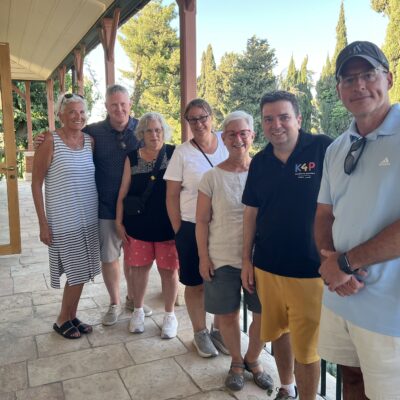SAFETY FIRST
SCN partners with Hillel to protect Jewish students on dozens of campuses
Secure Community Network will provide analysis, assessments, training, emergency plans and coordination with law enforcement

Michael M. Santiago/Getty Images
New York University students demonstrate in Gould Plaza at NYU Stern School of Business on April 22, 2024 in New York City.
At The George Washington University, students returned to campus on Thursday to find school property defaced with “divest now” graffiti, calling on the university to sever ties with the Jewish state. Similar incidents are expected to be replicated on hundreds of campuses nationwide this month. As students return to universities to start the fall semester, many will find that campuses remain just as hostile to Jews as they were last year, when the Oct. 7 terrorist attacks resulted in a major surge of antisemitism on college campuses and university administrations came under scrutiny for not enforcing rules to protect Jewish students.
But this year will also look different, as Jewish groups say they are better equipped to help protect Jewish students.
The newest such initiative is an effort to expand resources to more than 50 campuses by the Jewish safety and security organization Secure Community Network and Hillel International, the groups announced on Thursday.
Called “Operation SecureOurCampuses,” the initiative will “leverage SCN’s national, regional, and local resources, along with the national network of security professionals, to deploy critical resources to protect Jewish students,” according to a release from the groups.
This will include: “full-time intelligence analysts dedicated to monitoring campus developments and providing intelligence support; assessments of Jewish facilities on campuses; direct consultations on physical security and emergency plans and procedures; and enhanced coordination with law enforcement and public safety officials and centers of Jewish life, including fraternal organizations, religious institutions, and other campus groups,” according to the release.
Adam Lehman, CEO of Hillel, told eJewishPhilanthropy’s sister publication Jewish Insider earlier this week that he “unfortunately anticipates continued drumbeat of disruptions on campuses this fall.” But Lehman added that the upcoming semester could be “less problematic” for Jewish students compared to last year, as Hillel has “pursued several initiatives in the last three months to try to improve the prospects for safe and sane Jewish student life on campus,” he said. (Lehman did not specifically address SecureOurCampuses in his interview with JI.)
Michael Masters, the CEO of SCN, said in a statement that SecureOurCampuses “is a proactive measure to address threats and work closely with our partners to protect every center of Jewish life on campus.” According to Masters, it will allow students to be “able to walk across our campuses free from fear, harassment, or targeted violence.”
SCN, which was created by the Jewish Federations of North America and the Conference of Presidents of Major American Jewish Organizations in 2004, also said on Thursday that it will launch a new training initiative designed specifically for Jewish students, faculty and staff at select campuses. “The training will provide Jewish students with critical skills in situational awareness and instruction on what to do if confronted by protesters and demonstrators, how to report incidents, to include with law enforcement and how to respond in potentially life-threatening situations,” according to the group.
Last week, another Jewish community-based security organization, Community Security Service, announced a similar training initiative. The latter’s program also includes training for students in hand-to-hand combat — including the Israeli martial art of krav maga.
“SCN is rapidly deploying existing resources to support campuses because the need and urgency couldn’t be greater,” Ezra Weinberger, a spokesperson for SCN, told eJP ahead of the launch. “However, additional investment is necessary to ensure that every student and every center of Jewish life is adequately supported.”
Weinberger noted that SCN is in “close communication” with CSS. “Their focus on self-defense skills is invaluable,” he said. “In addition, SCN provides other situational awareness techniques through proprietary training programs, facility assessments and hardening, coordination with law enforcement via our localized security professionals, and intelligence monitoring through our state-of-the-art JSOCC, which maintains a direct line to the FBI’s NTOC,” Weinberger said.
The campus safety initiatives come as SCN is “actively fundraising,” Weinberger told eJP. “Due to the current threat dynamics, we have already had to surge and redeploy internal resources to meet the urgent needs on campuses.”

 Add EJP on Google
Add EJP on Google